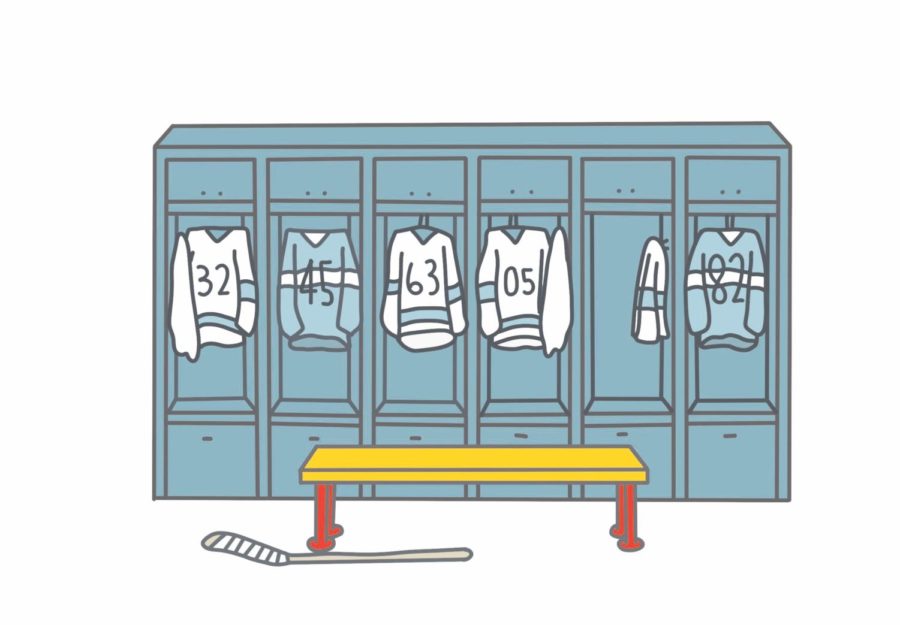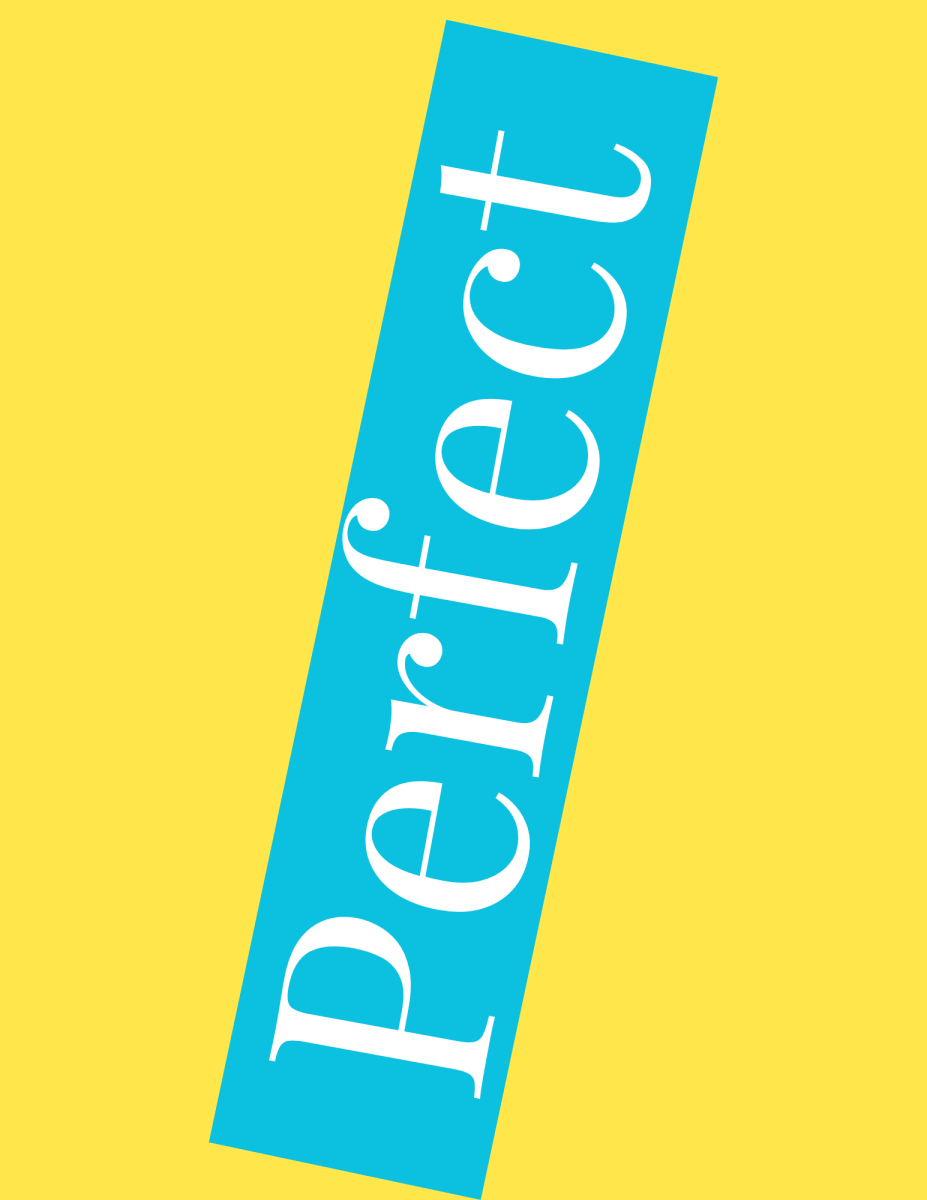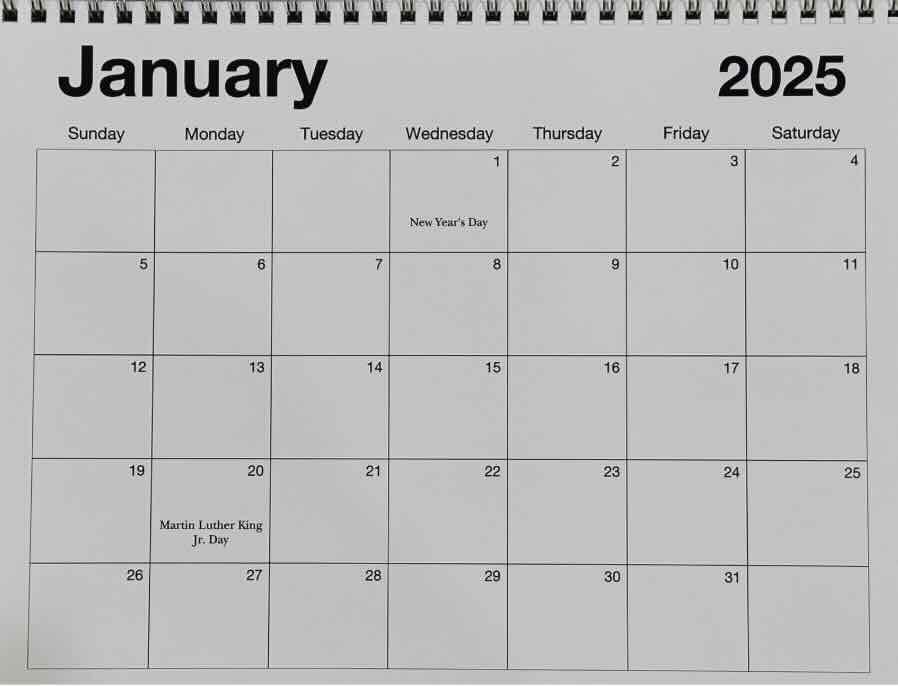Although it may sound archaic, on sports teams (depending on the sport), players are identified by digits which they wear on their jerseys. Numbers are timeless–if a player acclaims enough prestige, their number might one day earn a “retirement” status.
Even high school players hold numbers which have meaning to them. BGH player Ani Fagley ‘23, whose number is six, explains, “When I came to Blake, my number was already taken–number nine. Nine is the best number ever. I’m so sad. Now my number is number six and I hate six. It’s a terrible number; nine is a speedy number; six feels slow to me.”
The number nine, Fagley’s preferred number, was retired after Dani Cameranesi ‘13 won a silver medal for hockey in the 2018 Olympics.
Other players have deeper meanings for why they have the numbers that they do. Number 22 Sally Countryman ‘23, another BGH player, elaborates, “I was born on the twenty-second day of the month, so my number is twenty two. It’s a great number; you can’t go wrong with double digits; you can’t go wrong with two–two is a solid number. My options were twenty two, twenty seven, ten, and some number in the high thirties. So I was like, ‘Twenty two is my number; it’s Kevin Fiala’s number, too.’”
Other players got their numbers by pure happenstance. However, over time, this number grows on the player, and they learn to love it. Carter Krenke ‘23 (whose number is 16), a BBH player, shares, “Freshman year, [16] was my only option unless I wanted a number in the thirties or forties. I’ve stuck with it ever since.”
Carson Clark ‘25 (whose number is 25), another BBH player, says, “I wanted number seven, but Oliver Duinnick [‘24] already had it, so I got 25 instead. [Because 25 is a perfect square], it keeps my mind activated during games. As a defenseman, I think about the number 25 a lot because I correlate it with breaking out of the defensive zone.” Clark continues, “25 is not the best number, but it’s still a good number.”







